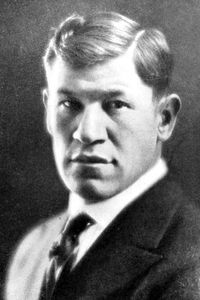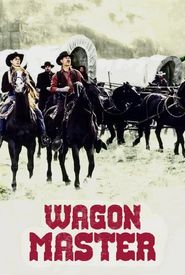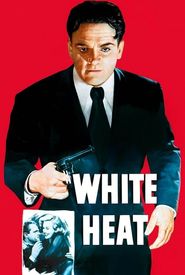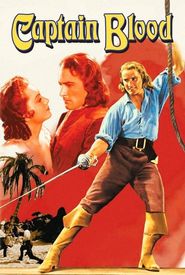Jim Thorpe is an American athlete and Olympic gold medalist who made history by becoming the first Native American to win a gold medal for the United States. This extraordinary athlete was considered one of the most versatile athletes of modern sports, winning Olympic gold medals in the 1912 pentathlon and decathlon, and playing American football, baseball, and basketball at the collegiate and professional levels.
Born and raised in Oklahoma, Thorpe attended Carlisle Indian Industrial School in Carlisle, Pennsylvania, where he was a two-time All-American for the school's football team. His Olympic success in 1912 was nothing short of remarkable, as he set a record score in the decathlon and added a victory in the All-Around Championship of the Amateur Athletic Union.
Thorpe's athletic career was marked by numerous achievements, including signing with The New York Giants Baseball Team in 1913 and playing six seasons in Major League Baseball between 1913 and 1919. He also joined the Canton Bulldogs American football team in 1915, helping them win three professional championships, and later played for six teams in the National Football League (NFL).
In addition to his athletic prowess, Thorpe was a trailblazer in his own right, as he played as part of several all-American Indian teams throughout his career and barnstormed as a professional basketball player with a team composed entirely of American Indians. From 1920 to 1921, Thorpe was nominally the first president of the American Professional Football Association (APFA),which became the NFL in 1922.
Thorpe's life was not without its challenges, however. After retiring from professional sports at the age of 41, he struggled to earn a living and worked several odd jobs. He was married three times and had eight children, before suffering from heart failure and passing away in 1953.
Despite his struggles, Thorpe's athletic accomplishments have been widely recognized and celebrated. The Associated Press named him the "greatest athlete" from the first 50 years of the 20th century, and the Pro Football Hall of Fame inducted him as part of its inaugural class in 1963. A Pennsylvania town was even named in his honor, and a monument site there is the final resting place of his remains. Thorpe's life and legacy have also been immortalized on the big screen, as he was portrayed by Burt Lancaster in the film Jim Thorpe -- All-American (1951).






















































